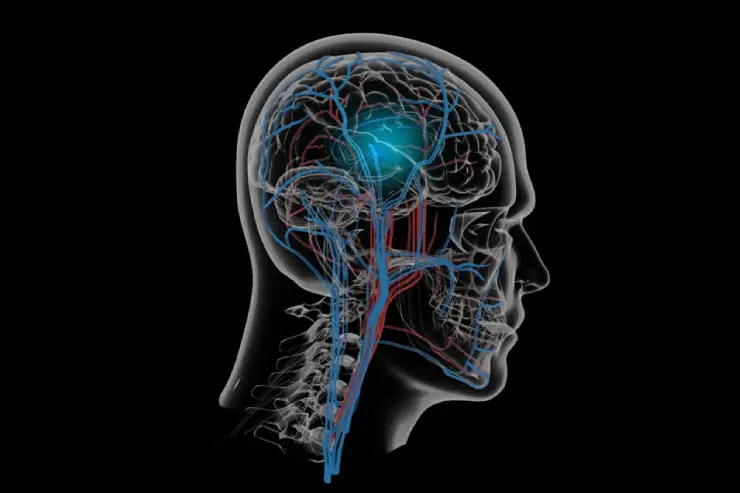Neurosurgery

Neurosurgery: Exploring the Depths of the Human Brain and Nervous System
Neurosurgery stands at the forefront of medical marvels, a specialized discipline that delves into the intricate and complex realm of the human brain and nervous system. It is a surgical discipline that requires an unparalleled blend of precision, skill, and deep understanding of both the anatomical structures and the functional aspects of the nervous system. With the goal of diagnosing, treating, and sometimes even curing a variety of neurological conditions, neurosurgeons play a pivotal role in the field of medicine, pushing the boundaries of what is possible in terms of healing and improving the quality of life for patients.
The Fascinating Domain of Neurosurgery: The human brain, often referred to as the body’s command center, comprises billions of interconnected neurons that form an intricate web of communication, responsible for controlling thoughts, emotions, sensations, and bodily functions.
Areas of Expertise: Neurosurgeons are highly specialized individuals who have spent years mastering their craft. They possess a deep knowledge of neuroanatomy, neurophysiology, and neuropharmacology. Their expertise spans across various subspecialties, including:
- Tumor Resection: Neurosurgeons remove brain and spinal tumors, often employing advanced imaging techniques during surgery to maximize tumor removal while minimizing damage to healthy tissue.
- Vascular Neurosurgery: This field deals with the delicate blood vessels within the brain and spinal cord. Neurosurgeons repair aneurysms, arteriovenous malformations (AVMs), and other vascular anomalies that could lead to potentially life-threatening conditions.
- Functional Neurosurgery: For patients suffering from movement disorders like Parkinson’s disease, essential tremor, or epilepsy, neurosurgeons can implant deep brain stimulation (DBS) devices to modulate brain activity and alleviate symptoms.
- Spinal Surgery: Neurosurgeons address conditions such as herniated discs, spinal stenosis, and deformities like scoliosis. They perform intricate procedures to stabilize the spine and alleviate pressure on the spinal cord and nerves.
- Pediatric Neurosurgery: Specializing in treating children with congenital brain or spinal abnormalities, pediatric neurosurgeons provide compassionate care to their young patients while navigating the challenges unique to this population.
- Trauma Surgery: Neurosurgeons play a crucial role in treating traumatic brain injuries resulting from accidents, falls, or other incidents that impact the head and brain.
Advancements and Challenges: Over the years, neurosurgery has witnessed remarkable advancements, thanks to cutting-edge technology, sophisticated imaging techniques, and the development of minimally invasive procedures. Techniques like endoscopy and neuro-navigation systems allow surgeons to access deep-seated structures with minimal disruption, reducing patient recovery times and postoperative complications.
However, the field also grapples with challenges. The brain’s complexity demands constant research to deepen our understanding of neurological disorders and improve treatment outcomes. Ethical considerations surrounding neurosurgery, especially in cases involving cognitive enhancement or brain-computer interfaces, highlight the need for careful thought and responsible innovation.
A Symphony of Skill and Compassion: Neurosurgery isn’t merely a scientific endeavor; it’s an art that marries technical proficiency with empathy. Neurosurgeons interact closely with patients and their families, navigating the emotional challenges that often accompany serious neurological conditions. The process involves not only surgical expertise but also effective communication, ethical decision-making, and ongoing patient care.
In conclusion, neurosurgery stands as a remarkable testament to human progress and the unending quest to unravel the mysteries of the human brain and nervous system. Its practitioners wield an exceptional blend of scientific knowledge, surgical skill, and compassionate care to bring about transformative changes in the lives of countless individuals. As technology continues to evolve and our understanding of the brain deepens, neurosurgery is poised to continue its journey of discovery and healing, shaping the future of medicine in unprecedented ways.

